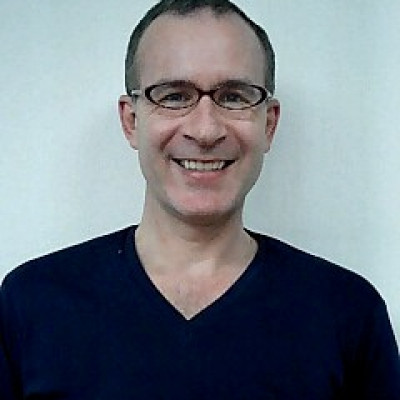Teacher Development Any Plenary Session
The Well-Balanced Individual: A Challenge for Educators
On an individual level, a key purpose of education is to bring forth the latent abilities that exist in each person. On a societal level, a primary purpose is to contribute to the emergence of an ever-advancing civilization. These purposes are intimately related and can be achieved when individuals act on the basis of an evolving set of knowledge and skills that has practical and beneficial applications, positive emotional health, an ethical foundation in which the welfare of others is important, and an ability to think creatively. Although foreign language teachers are primarily responsible for supporting their students in their efforts to perform the challenging task of acquiring an additional language, foreign language classrooms can--and arguably should--be the site of more diverse types of learning that help learners develop their innate abilities in ways that touch on four aspects of what it means to be human: cognition, affect, ethics, and creativity. These four overlapping aspects can be embedded in language-learning tasks in ways that can potentially lead to cognitive development, the healthy expression of emotion, ethical thinking, and new and interesting angles on ideas and ways of acting in the world.
-

David Beglar has been teaching in the graduate TESOL programs at Temple University's Japan Campus since 1993. In that time, he has taught nineteen graduate courses ranging from teaching methodology to educational statistics. His primary research interests are in the areas of foreign language vocabulary learning and teaching, and foreign language assessment. He is currently working on longitudinal studies concerning the effects of extensive reading on reading fluency development, and task-based curricula and changes in students' willingness to communicate over two years of academic study.